Should Your Industry Be Exploring Destructive Physical Analysis (DPA)?
By Mark Northrup, IEC Electronics
IEC Electronics Analysis Testing Laboratory (IATL) routinely performs Destructive Physical Analysis (DPA) in accordance with MIL-STD-202, MIL-STD-883, MIL-STD-750, and MIL-STD-1580 on “high reliability” electronic components and materials used in commercial, industrial, aerospace, military and government applications. Our facilities are listed by the DLA (Defense Logistics Agency) for Lab Suitability for various MIL-STD test method requirements (e.g., MIL-STD-202,750, 883, and 1580). We examine components via a DPA for design, workmanship, and processing defects typically overlooked by the component manufacturer. Destructive Physical Analysis (DPA) is conducted on devices taken from varying date code lots to mitigate defects that could result in system failure in which the devices operate.

Gary Butterfield– Manager Design Engineering, Andrew Rossi – Design Engineer, Phil Tippens – Component Engineer, Dave Rogers – Firmware Engineer, Chung Lay – Design Engineer, Aaron Posner – RIT COOP
Military/Aerospace, Industrial, and Medical Customers routinely submit the below component types to IEC Electronics Analysis Testing Laboratory (IATL) for DPA testing and inspection.
Typical DPA Parts Tested at IATL
- Integrated circuits
- Transistors
- Glass Diodes
- Magnetics (Inductors/Transformers/Coils)
- Capacitors
- Thermistors
- Resistors
- Relays
- Fuses
- Temperature sensors
- Filters, crystals
- RF devices, microwave components
- Connectors, switches
- Hybrids containing multi-components
- PEMs (plastic encapsulated microcircuits) such as SSOPs, SOICs, PLCCs, MSOPs, PQFPs/TQFPs,
- Flip Chips,
- Medical implants
- Automotive sensors
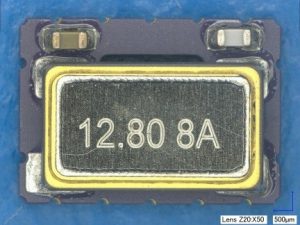
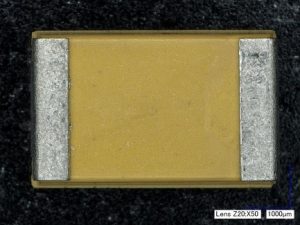
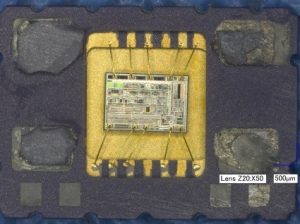
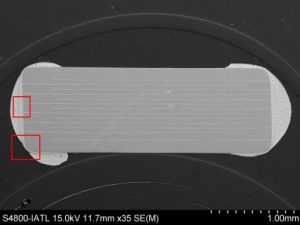
Customers require specific test methods. Examples of these are listed below.
Typical DPA tests
- Internal Visual Inspection
- External Visual Inspection
- Radiography/Real Time X-ray Examination
- Seal tests (Fine& Gross leaks)
- Particle Impact Noise Detection (P.I.N.D)
- Bond Pull Strength
- Ball Shear Strength
- Die Shear
- Scanning Electron Microscope (SEM) Inspection
- Energy Dispersive X-ray (EDX)
- X-ray Fluorescence (XRF)
- FTIR Spectroscopy
- Scanning Acoustic Microscopy (CSAM) Inspection
- Solder Reflow/Moisture Sensitivity Testing
- Solder Reflow
- Steam Aging
- Hermetic Seal Testing (Fine/Gross leak)
- Decap (Acid Chemical/Mechanical)
- Sample De-lidding
- Micro-sectioning
- IV Curve Tracing (DC)
- Fluorescence Microscopy
- Glassivation Thickness / Layer Integrity
- Glassivation / Metallization Thickness
- SEM Metallization Inspection (Single/Dual, Triple, Quad Level Layers)
- Serialization (Ink, Dot, Laser)
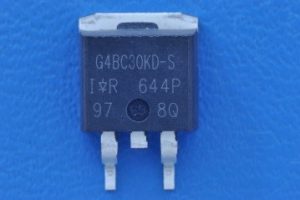
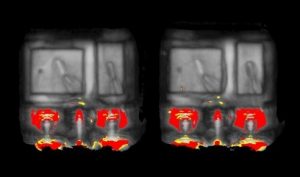
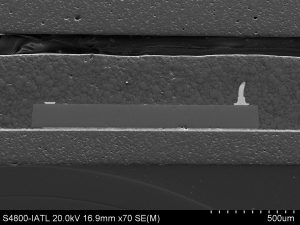
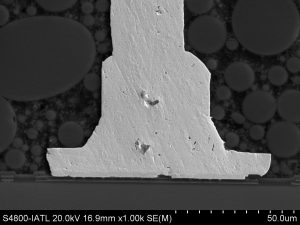
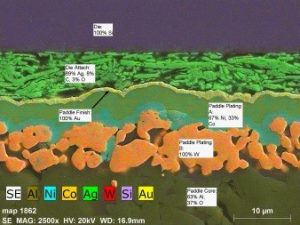
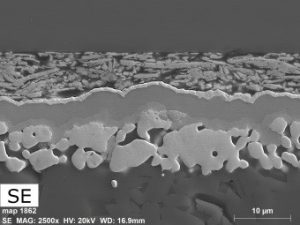
Electrical Component Testing to Military standards such as MIL-STD-202, 750 and 883 can be a daunting task. At IEC Electronics our component testing focus is on measurement accuracy, repeatability, and data retention. We address both manual (low volume) and custom automated test systems (high Volume) component testing. Measurement accuracy is accomplished by utilizing best-in-class test equipment, ISO 17025 or ANSI Z-540 certificate of calibrated equipment, along with proven production test processes to minimize risk. IEC Electronics’ design engineering test software records measurement data for future analysis and allows the user to see measurement trends, distribution data and other diagnostic characteristics of interest.
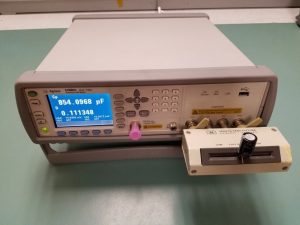
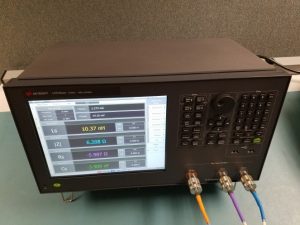
LCR bridges: Left the E4980 (2MHz) and right the E4982A (500 MHz)
IEC Electronics Analysis Testing Laboratory (IATL) standard DPA is used by the aerospace industry in order to qualify electronic components (e.g. Class “S” space usage). More industrial customers as well as commercial applications (COTS) are starting to adopt modified DPA up-screening to both extend End of Life (EOL) challenges as well as dramatically increase the reliability of their products in the field. Higher reliability electronic components are often required to operate for long periods of time, having little or no opportunity for replacement. IEC Electronics Analysis Testing Laboratory (IATL) performs Destructive Physical Analysis (DPA), Failure Analysis (FA), Counterfeit Analysis (CA), and Material Analysis (MA) on electronic components for our customers qualifying non-QPL or non-QML product. Manufacturers may catch non-functioning components prior to shipment, but DPA is designed to be more rigorous than a manufacture’s lot screening process. IATL has over 7 years’ experience preforming Destructive Physical Analysis and is well recommended by its customers for our expertise.












